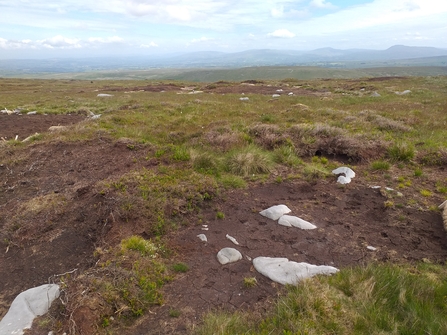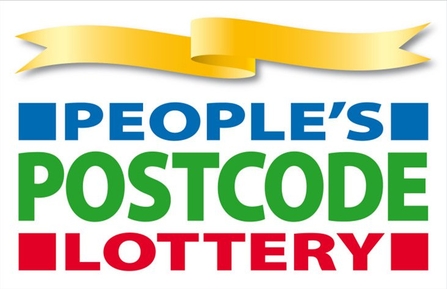Lancashire Wildlife Trust is working with Trusts and other partners in Cumbria, Durham, Yorkshire and Northumberland to restore a huge swathe of peat bog across the north of England. The project aims to put over 4,000 hectares of upland peatland under restoration management, with estimated annual savings in carbon emissions of at least 8,590 tonnes of carbon dioxide per hectare, per year. Funding will scale up the project, to include:
• developing up to 15 new restoration plans
• marketing peatland restoration to private investors
• conducting long-term monitoring over 20 years with techniques and equipment developed by the IUCN UK Peatland Programme and University of Manchester


